
Virgin Islands Court Grants Chinese Zhongshan the Right to Seize $25 Million from Nigeria Over Ogun State Trade Zone Dispute

The British Virgin Islands (BVI) High Court has approved the seizure of £20 million ($25 million) from Nigeria’s foreign assets by Chinese investors Zhongshan Fucheng Industrial Investment Co. Ltd. The ruling follows a failed trade zone agreement signed in 2007 between the Ogun State government and Zhongshan.
According to a Peoples Gazette report, Justice Paul Webster of the BVI High Court ruled on November 8 that Nigeria could not invoke sovereign immunity to block enforcement of an arbitral award granted to Zhongshan. The judge cited a clause in the 2001 China-Nigeria Investment Treaty, which binds both nations to enforce arbitration awards. According to him, this treaty constituted Nigeria’s written consent to be bound by arbitration outcomes under the UK’s State Immunity Act of 1978.
The trade zone project began in 2007 under former Ogun Governor Gbenga Daniel. However, in 2016, the succeeding administration of Governor Ibikunle Amosun revoked the contract. Amosun accused Zhongshan of fraud and stated that the agreement was not in Ogun State’s best interest.
In response, Zhongshan initiated arbitration proceedings in the UK, alleging breach of contract and human rights violations. The investors claimed its executives were detained for 10 days on Amosun’s orders and subjected to torture. In 2021, the arbitration tribunal awarded Zhongshan $55.6 million in damages and $75,000 in moral damages. Nigeria’s refusal to honour the judgment led to legal battles in France, Belgium, Canada, the United States, and the BVI.
Since then, the company has aggressively pursued enforcement, resulting in the seizure of Nigerian assets worldwide. This includes presidential jets such as a Dassault Falcon 7X in Paris, a Boeing 737, and a $100 million Airbus 330 in Switzerland. In Canada, a Bombardier 6000 BD-700-1A10 was also impounded.
Other seizures targeted guesthouses in Liverpool and an attempt to confiscate $70 million from Nigeria’s accounts at JP Morgan in the U.S. Nigeria has escalated the JP Morgan case to the U.S. Supreme Court, filing a writ of certiorari on November 7. A writ of certiorari is a legal order from a higher court to review a lower court’s decision for potential errors. Until the court decides whether to hear the case, Zhongshan cannot withdraw funds from the account.
Nigeria has, however, faced repeated legal losses in its attempts to dismiss Zhongshan’s claims. Courts in the U.S. and UK have ruled that Nigeria’s sovereign immunity does not apply; as such, the federal government is liable for Ogun State’s breach of the China-Nigeria Investment Treaty. The presidency insists that the Federal Government is not under any contractual obligation to Zhongshan. Ogun blamed Zhongshan for misleading foreign courts and insisted it was justified in revoking the contract in 2016. However, Ogun has hinted at a possible out-of-court settlement to protect Nigeria’s global reputation.
Read More:
- Our Ambition In The Sahel Is To Build Peace, Utilise National Resources For Our People’s Benefit – Niger Prime Minister
- Mali’s President Assimi Goïta Dismisses Prime Minister Choguel Maïga Following Treason Allegations
About The Author
Related Articles
Malian Army Says Dozens of Militants Killed in Airstrikes in Segou Region
Mali’s armed forces say they have killed about twenty suspected militants during...
ByWest Africa WeeklyFebruary 19, 2026Nigeria Approves 33 New Universities While Education Quality and Jobs Remain in Crisis
Nigeria has approved 33 new universities, bringing the total number of sanctioned...
ByWest Africa WeeklyFebruary 19, 2026Gabon Suspends Social Media “Until Further Notice” Amid Rising Unrest
Gabon’s media regulator has announced the suspension of social media platforms nationwide,...
ByWest Africa WeeklyFebruary 18, 2026Niger’s Tiani Visits Algeria in Bid to Strengthen Ties and Revive Key Projects
Abdourahamane Tiani, Niger’s head of state, is on an official visit to...
ByWest Africa WeeklyFebruary 18, 2026


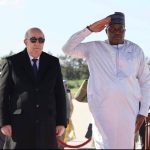



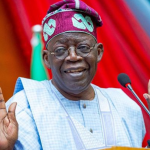
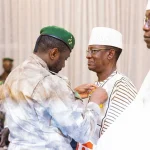
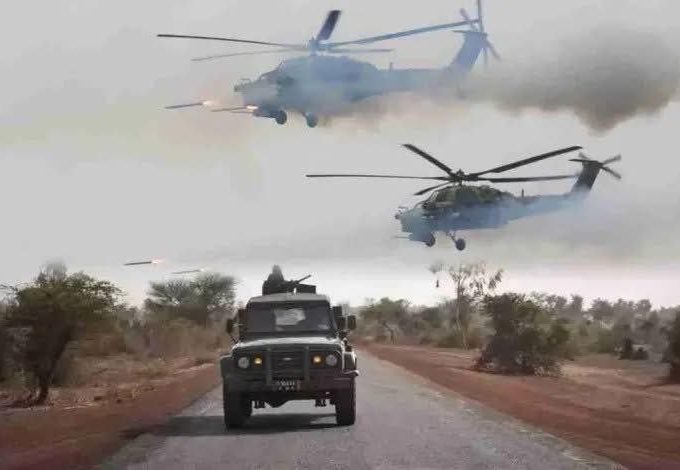
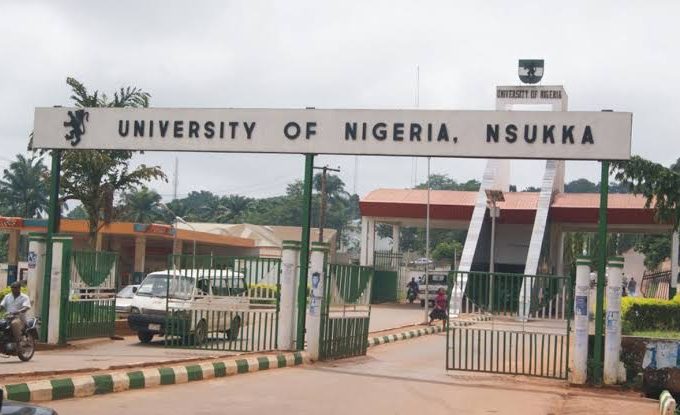
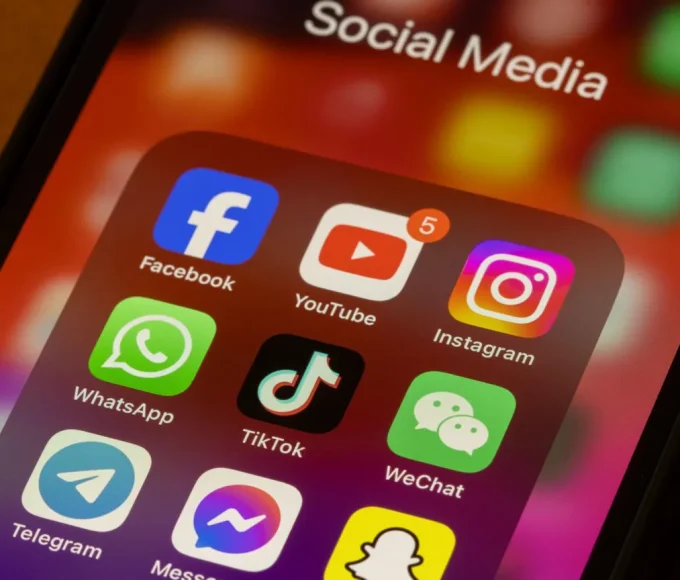
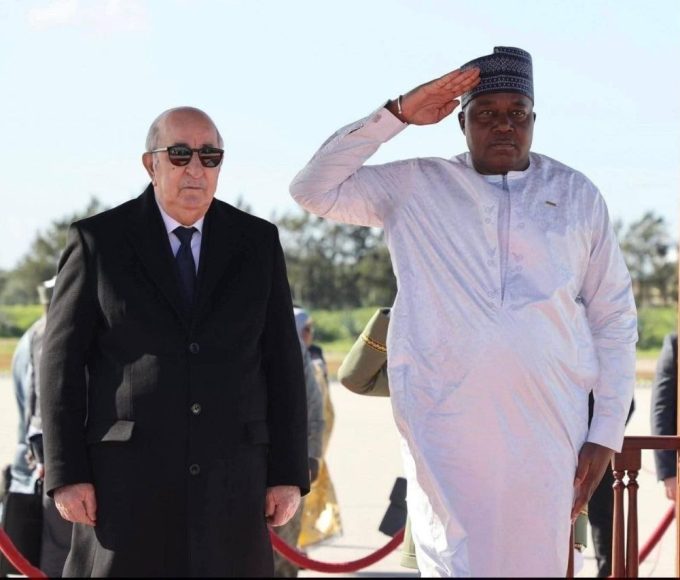
Leave a comment